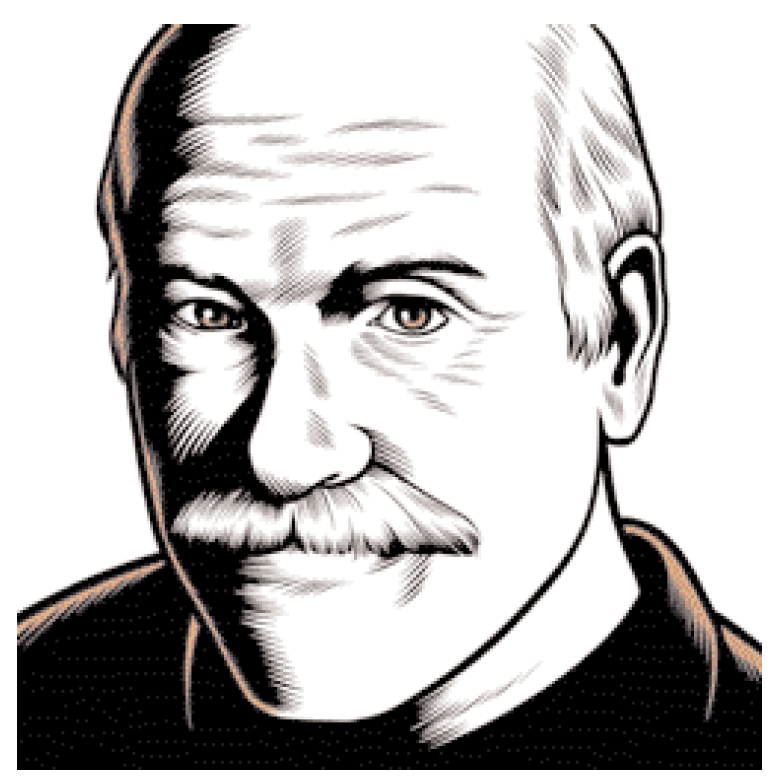Tobias Wolff is a short story writer, a memoirist, a novelist, a father, a husband, a jazz aficionado, a hiker upon remote mountain trails, a winner of literary awards, a neophyte pianist, and the mentor of many young writers. He was born in 1945 in Birmingham, Alabama, grew up in Florida, Utah, and the Pacific Northwest, attended Concrete High School in Washington, the Hill School in Pennsylvania, Oxford University, and Stanford University, where he was a Stegner Fellow and a Jones Lecturer, and where he is now the Ward W. and Priscilla B. Woods Professor in the School of Humanities and Sciences. He is the author of short story collections, memoirs, novellas, and novels, including In the Garden of the North American Martyrs (1981), The Barracks Thief (1984), Back in the World (1985), This Boy’s Life (1989), In Pharaoh’s Army: Memories of the Lost War (1994), The Night in Question (1996), and Old School (2003).
Wolff’s writing makes us recognize those aspects of ourselves that are hardest to acknowledge: our selfishness, our pride, our cowardice. But he also brings to light our potential for self-understanding and compassion—the knowledge that comes from years of honest introspection, from the desire to make sense of the decisions that shape our lives. For his rigorous intelligence and his deep empathetic understanding of humanity, he has been compared to Chekhov; he is Chekhovian, too, in the gorgeous simplicity of his language and in the way characterization gives rise to the shape of his narratives. He is a tireless reviser, a believer in the process of writing. In answer to an anxious question of mine a couple of years ago, he told me, “The only way to learn how to write a novel is simply to do it.”
This interview took place in June 2004 at his office at Stanford, where he and I had spent many an office hour hashing through drafts of my own stories when I was a Stegner Fellow.
—Julie Orringer
I. WORLD’S FAIR
THE BELIEVER: In the time I’ve known you, I’ve known you only as a writer and teacher. But I understand you’ve also been a waiter, a night watchman, a busboy; you’ve guessed ages and weights for a living, you spent several months as a reporter, and of course you spent four years in the army, which we’ll talk about later. So I’m wondering if you can guess my age and weight.
TOBIAS WOLFF: [Laughs] What I’ve learned to do with women is to go low. But I’m not going to do that today.
BLVR: Go high.
TW: I would say… stand up.
...
You have reached your article limit
Sign up for a digital subscription and continue reading all new issues, plus our entire archives, for just $1.50/month.
Already a subscriber? Sign in





